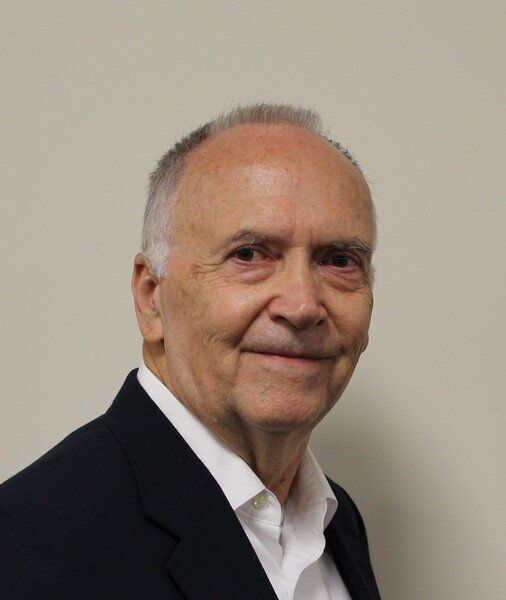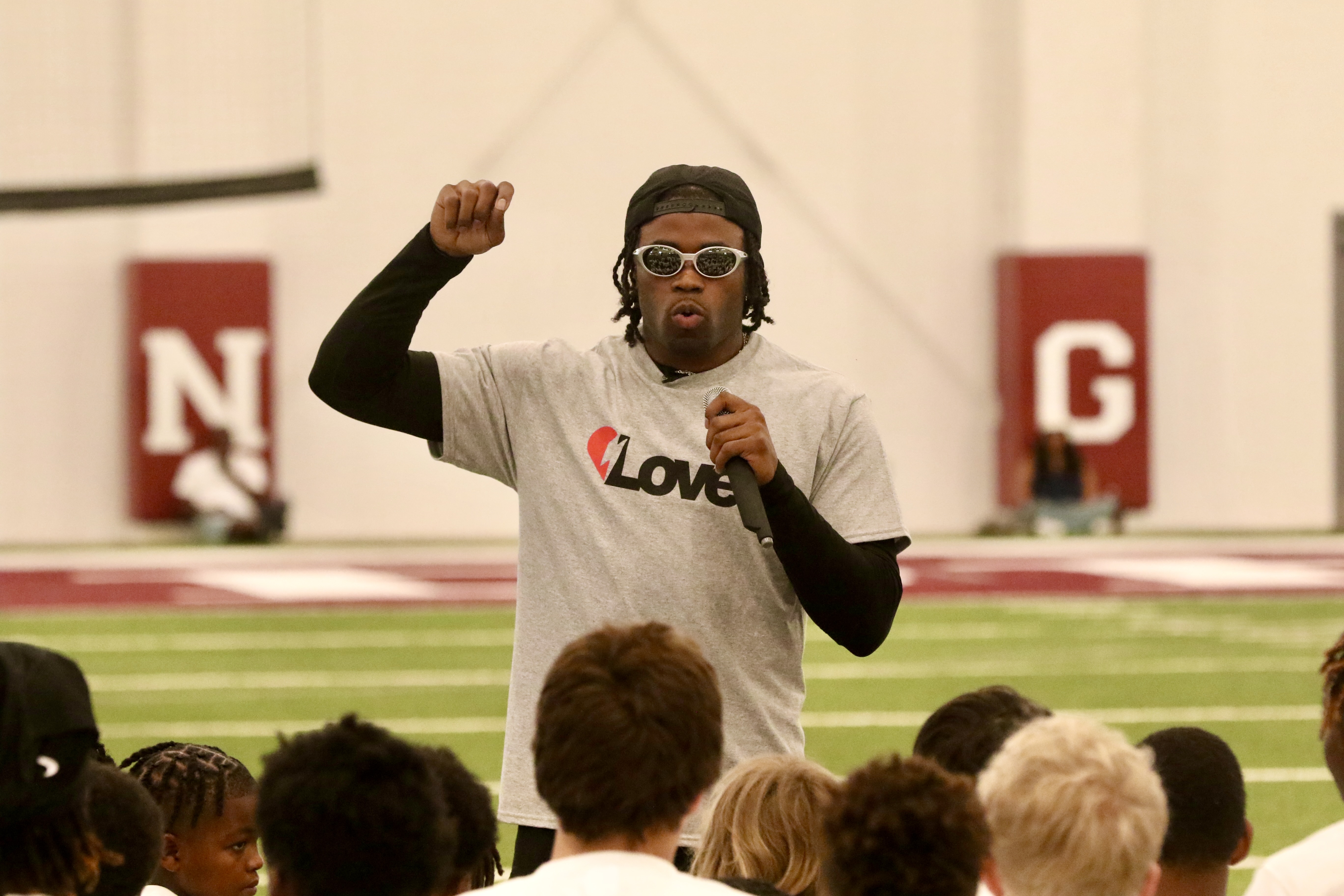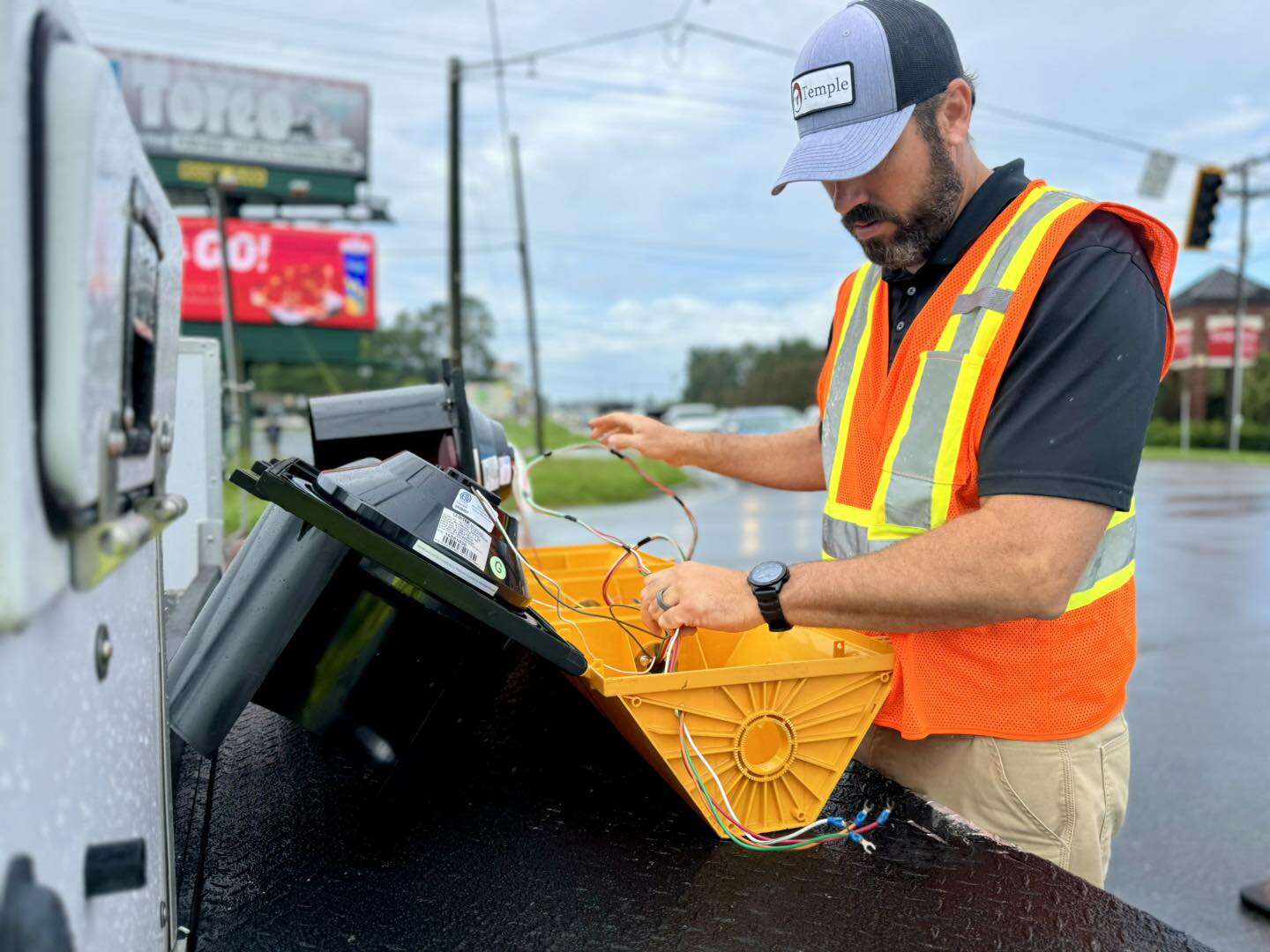Cairo mayor makes plea for public, businesses to do their part against virus
Published 1:36 pm Wednesday, August 19, 2020

- Thrower
CAIRO — Mayor Howard Thrower said he believes private businesses in Cairo should take it upon themselves to enforce policies requiring the use of face masks and other health guidelines recommended by the national Centers for Disease Control and Prevention (CDC) to combat the novel coronavirus.
Thrower said businesses should also consider placing hand sanitizing stations, signs to remind patrons to keep six feet of distance from one another and to consider limiting the number of individuals allowed inside at a time.
“When we took away those requirements is when our numbers started to go up,” he said.
The mayor cited a risk assessment planning tool developed by researchers from Georgia Tech, Stanford University and the Applied Bioinformatics Laboratory which indicates that gatherings of just 10 people in Grady County carry an estimated 46 percent risk that at least one individual present will carry COVID-19. With a gathering of 50 people, that estimate jumps to 95 percent.
Thrower also noted that 40 percent of the city’s population is considered to be high-risk.
City officials had initiated a locked door policy earlier this year to limit contact to employees by preventing individuals from entering public buildings. When that order expired, the city then issued a requirement for visitors entering city offices to wear masks at all times, but the requirement was struck down by an executive order from Gov. Brian Kemp which suspended certain health regulations created by local governments across the state. City attorney Thomas Lehman has interpreted the governor’s order to mean that the city can’t enforce any requirements of their own until the order expires or is otherwise lifted.
“Rather than be part of the 100 cities that are trying to go against the governor, with no enforcement mechanism in place, we simply put the signs that are currently on the city offices strongly encouraging people to protect everybody else by wearing a mask when they come in,” Thrower said.
A new face mask requirement in city buildings was announced this week, effective immediately.
Local businesses can go beyond the city’s limitations by implementing store-wide policies requiring the use of face masks, the mayor said, as well as encouraging social distancing and frequent hand washing.
Business owners who are concerned about losing customers by implementing such policies can look at how public entities have handled similar challenges, the mayor said.
“Businesses are hesitant to ask people to wear masks because they’re afraid they won’t come in and then they’ll lose business,” he said, but the library, which does not charge individuals for its services, has not faced such a hurdle. More than 100 patrons visited Roddenbery Memorial Library last Monday, and Thrower, who also serves as chair for the library’s board of trustees, said they have not faced any issues with their mask requirement.
Thrower cited South Georgia Outdoors, a local sporting goods business that is eschewing its annual single-day shotgun ammunition sale to instead offer the same sale spread out across an entire week while also limiting the store to 10 customers at a time. The mayor said the expanded sale is an example of a local business implementing creative strategies to reduce the risk of spreading the virus among its employees and customers while not impacting business.
Thrower, who has frequently reminded residents at city council meetings to wear masks and practice social distancing, said complying with health guidelines is not a legal requirement, but “a matter of courtesy.”
“I see a lot of people not wearing them,” he said. “Wearing masks, social distancing and washing hands are some easy ways we can keep the disease from spreading.
“And,” Thrower said, “we don’t know who the carriers (of the virus) are. There could be a lot of asymptomatic carriers who for whatever reason won’t wear a mask and could infect other people.”
Masks, the mayor noted, are meant to protect others from being exposed to the virus by unknowing carriers.
Even healthy individuals can become carriers of the virus, he noted, and could then unknowingly pass on the virus of others who may be older or have health problems that put them at a higher risk if they were to become infected.
“It’s not a matter of limiting freedom,” Thrower said. “It’s just a matter of being a good neighbor.”





